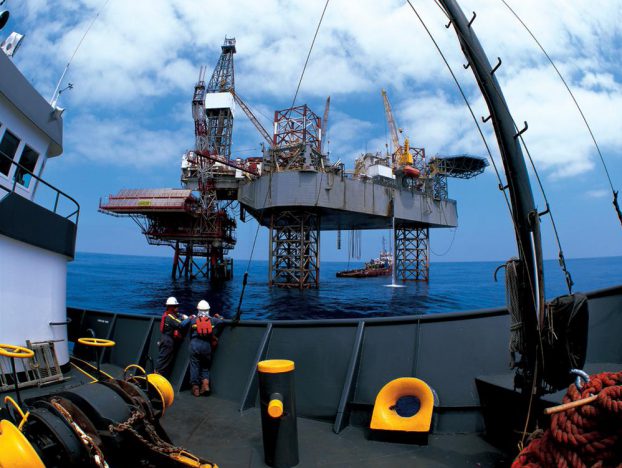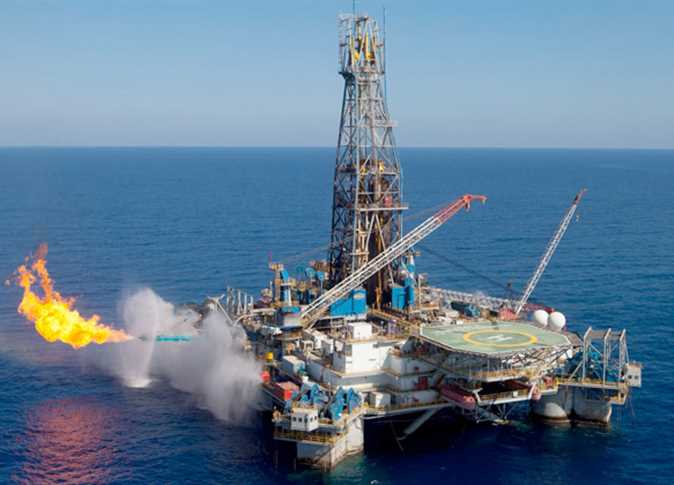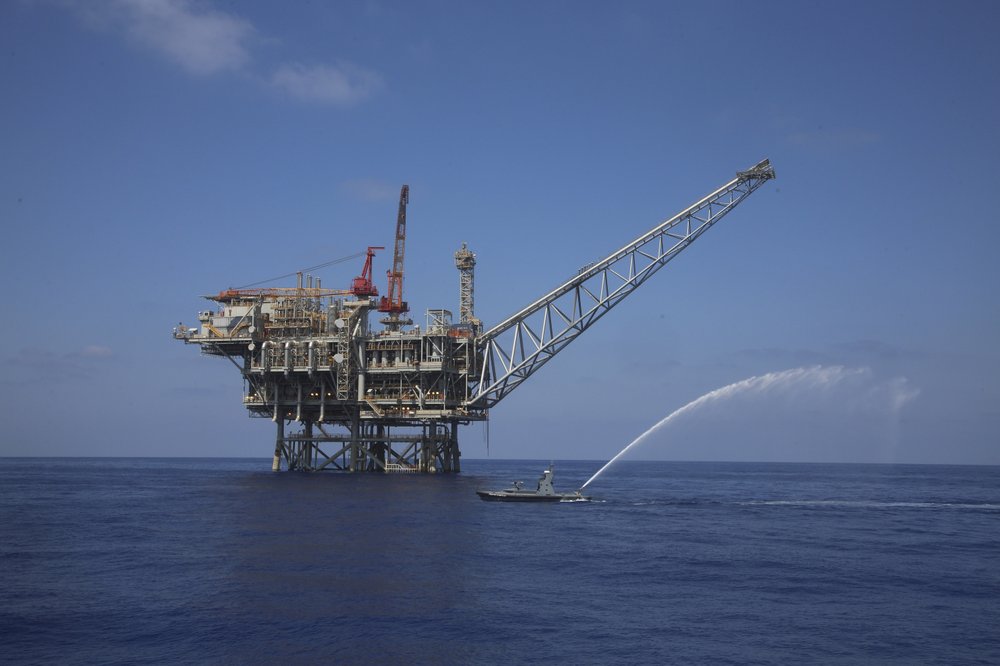Egypt is in negotiations with Israel with the aim of increasing the price of exported Egyptian natural gas, Minister of Petroleum Abdalla Ghorab said on Thrusday.
The prices of natural gas exported to Israel are those stipulated by the conrtacts signed by the two nations, the minister told reporters.
Ghorab said that these prices are subject to periodic review in order to determine the best export rates. He added that some technical issues are currently being handled to resume the now-stalled gas supply to Israel.
Egypt's prosecution services have been conducting investigations since the beginning of March concerning the controversial natural gas exports to Israel.
Former Minister of Petroleum Sameh Fahmy is under scrutiny as part of the investigations. He faces charges of squandering public funds through making long-term gas supply contracts with a foreign state at rates below the international standard.
Since the ouster of former President Hosni Mubarak following mass pro-democracy protests, the attention has been shifting to the gas export deal with Israel, which is considered one of the most flagrant examples of corruption during the Mubarak era.
Two years ago, a group of lawyers and political activists won a lawsuit calling for a halt to gas supplies to Israel, arguing that the deal cost their country's treasury hundreds of millions of dollars. The plaintiffs cited the financial advanatages the Egyptian government provided — through the deal — to a company whose shares were mostly owned by Husseim Salem, a businessman and a close friend to Muabrak.
In 2005, both Israel and Egypt signed a 15-year natural gas export deal, according to which Israel would receive 1.7 billion cubic meters of gas annually at cut-rate prices.
One prosection official estimated the losses suffered by Egypt due to the deal at US$500 million.
During the revolution, the pipe delivering the gas from Egypt to Israel was damaged by an explosion, which brought the supply to a halt.




